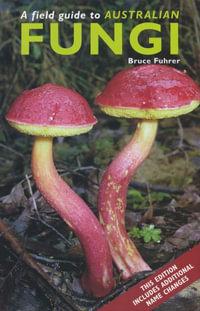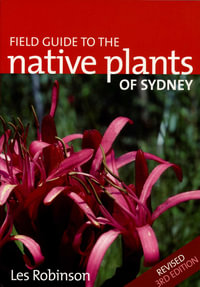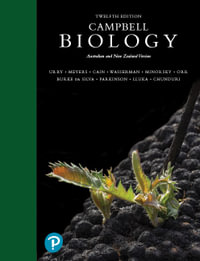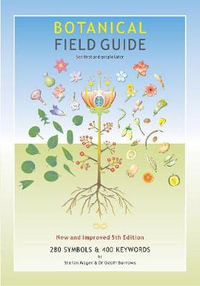
ncRNAs
Mediated Regulation : The Unarguable Biological Function to Environmental Constrains
By: Channapatna S. Prakash (Editor), Muhammad Waseem (Editor), Sajid Fiaz (Editor)
Hardcover | 6 December 2024
At a Glance
Hardcover
$317.33
This title is not currently in stock at the Booktopia Warehouse and needs to be ordered from our supplier.
ISBN: 9783031693533
ISBN-10: 3031693531
Published: 6th December 2024
Format: Hardcover
Language: English
Number of Pages: 320
Audience: Professional and Scholarly
Publisher: Springer Nature B.V.
Country of Publication: CH
Dimensions (cm): 23.39 x 15.6 x 1.91
Weight (kg): 0.63
Shipping
| Standard Shipping | Express Shipping | |
|---|---|---|
| Metro postcodes: | $9.99 | $14.95 |
| Regional postcodes: | $9.99 | $14.95 |
| Rural postcodes: | $9.99 | $14.95 |
How to return your order
At Booktopia, we offer hassle-free returns in accordance with our returns policy. If you wish to return an item, please get in touch with Booktopia Customer Care.
Additional postage charges may be applicable.
Defective items
If there is a problem with any of the items received for your order then the Booktopia Customer Care team is ready to assist you.
For more info please visit our Help Centre.























